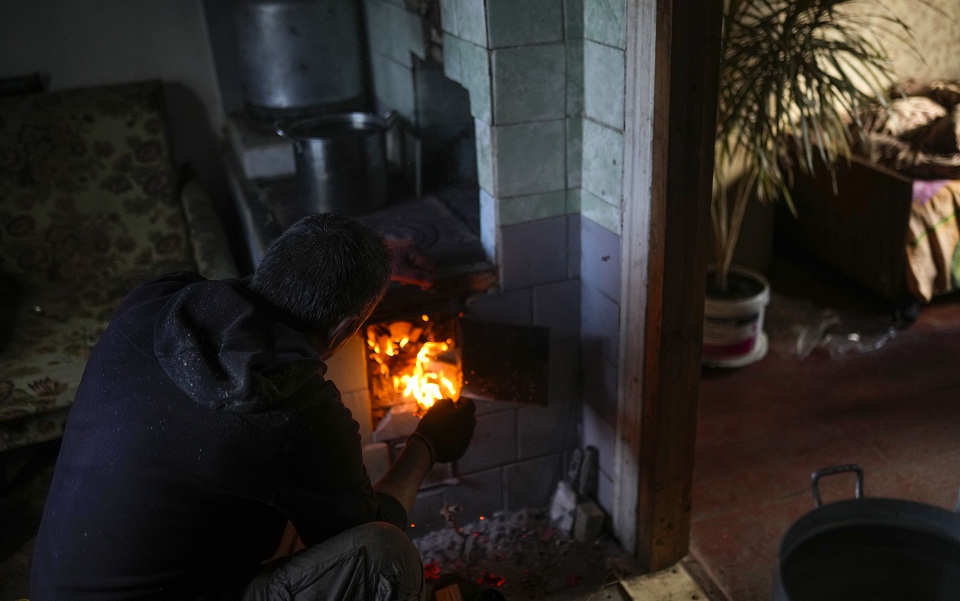
The coming winter in Ukraine may be difficult for the citizens, who will mainly have problems with electricity and heating, but there will be much more and more problems for the Russian occupiers at many levels, as the analysis of the British professor of Strategy indicates. at the University of Portsmouth.
This analysis by Professor Frank Ledwitz, published in the online scientific journal The Conversation, concludes that this time “General Winter”, who supported the Russians under both Napoleon the Great and Adolf Hitler, was not on the side of the Russians this time.
It has been specially calculated that Russia’s awareness of the difficulties that will arise in the coming months in a country largely alien and hostile to the invaders has led in recent weeks to a change in tactics and the bombardment of energy infrastructure with precision-guided missiles.
Now, however, stocks of these missiles have been greatly reduced, and the Ukrainians are now finding a way to counter most of the unmanned aerial vehicles (UAVs) that Iran has sent to the Russians. Winter summer.

Thus, while sellers of home electric generators are running a gold business in Kyiv and other free cities of Ukraine, the wave of war is clearly directed against the occupiers and occupying forces, as the Ukrainian army is supported by endless supplies of equipment from the West.
This equipment even includes special winter war uniforms that Canada is sending to Ukraine at a time when Russian young conscripts are accused of going to war without proper training and without the proper equipment.
Meanwhile, as the analysis of a British professor points out, in a military such as the Russian one, which is not famous for its maintenance or logistics efficiency, but is rightfully famous for its corruption, Russian troops, including recruits who have undergone two or three weeks of training, they will have to find ways to cope with the weather.
They also face the Ukrainian army, which, despite significant losses, has every opportunity. As always since the beginning of the war, the decisive moral component of the war favors it. The fact that Ukrainians are defending their homeland – and indeed are currently taking it back – is at least as relevant now as it was in February. They have an advantage in precision artillery, perhaps in tanks, and certainly in morale and training.
It takes a lot of experience and training to fight and move effectively in harsh winter conditions like those we see in Ukraine. In frosty weather, everything takes longer. This is especially true of the key supply element, administration. Transporting basic supplies of food and ammunition takes longer as trucks skid on icy roads, break down or get stuck in snow or mud. Under these conditions, it becomes much more difficult to conduct a fast armored war, and the supply lines for the invaders are always much longer.
A NATO spokesman in Brussels told reporters: “If you’re fighting in these conditions, if your tank is constantly stuck, if you’re constantly cold and wet, it affects what we would call the morale component of the army.”
So it is no coincidence that Moscow is increasingly talking about the threat of tactical nuclear weapons, which are not affected by winter, but could potentially be much more costly for Russia in the medium and long term.
Source: Conversation
Source: Kathimerini
Anna White is a journalist at 247 News Reel, where she writes on world news and current events. She is known for her insightful analysis and compelling storytelling. Anna’s articles have been widely read and shared, earning her a reputation as a talented and respected journalist. She delivers in-depth and accurate understanding of the world’s most pressing issues.